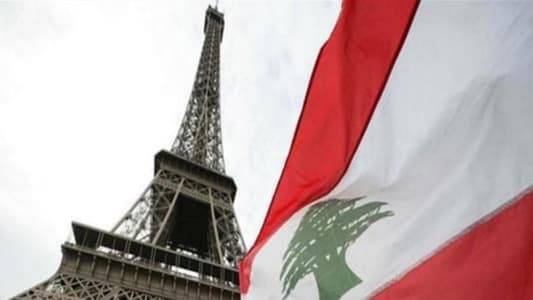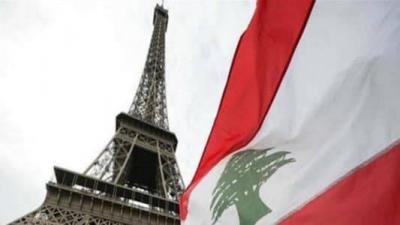A diplomatic source revealed that the "Paris meeting at the advisory level concluded with results that include a set of proposals to be submitted to the relevant authorities regarding the Lebanese file in their countries. The translation of these proposals will be direct and practical through a diplomatic push via envoys from these countries towards Lebanon." The source conveyed that "the participants in the quintet meeting agreed on a fundamental issue, which is to hold the Lebanese parties accountable for achieving the presidential entitlement, based on the premise that they bear the primary responsibility for the presidential choice they will make. If that choice is biased within the framework of alliances, then the Lebanese officials will have to bear the consequences of their decision; because the international and Arab community, both friendly and fraternal, is not inclined to favor one Lebanese party over another, and supports a consensus option capable of rectifying Lebanon's external relations and opening up internal dialogue within specific time frames to establish solutions and executable action plans for internal contentious issues.”
The same diplomat pointed out that "the major consensus in the quintet meeting was about the importance of preventing Lebanon from descending into chaos, contrary to all the theories propagated by some within Lebanon claiming that external actors want to reduce Lebanon to ruins to rebuild it anew." He affirmed that "the international and Arab stance is decisive regarding the necessity to maintain security stability and civil peace in Lebanon, while ensuring the backbone of security, represented by the Lebanese Army, which must continue to be supported along with other official security agencies to guarantee that Lebanon does not fall into security hazards and chaos that only benefit those working to spread disorder and weaken institutions." He emphasized the need for restoring the normal functioning of constitutional and public institutions since their total collapse would only serve the interests of forces benefiting from the state of lawlessness in Lebanon, as it allows them to extend their influence and control over the Lebanese decision-making process.




